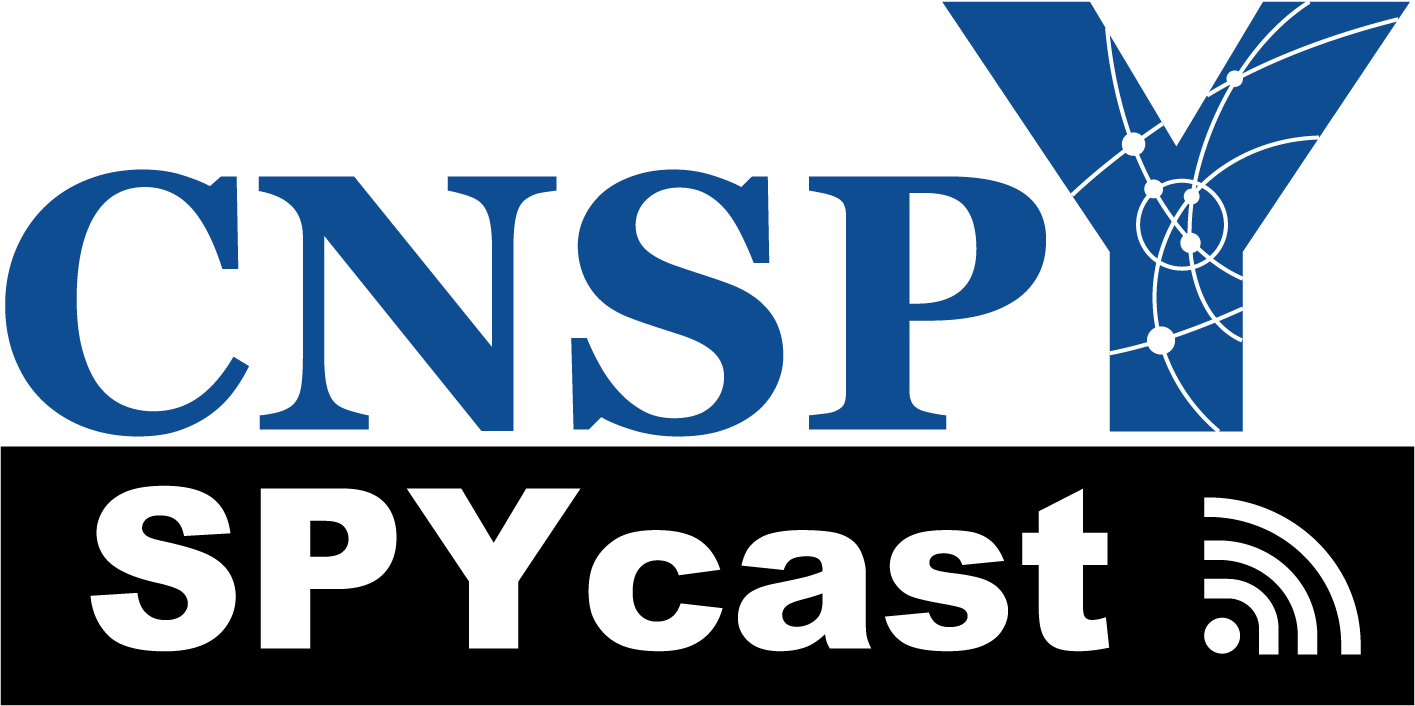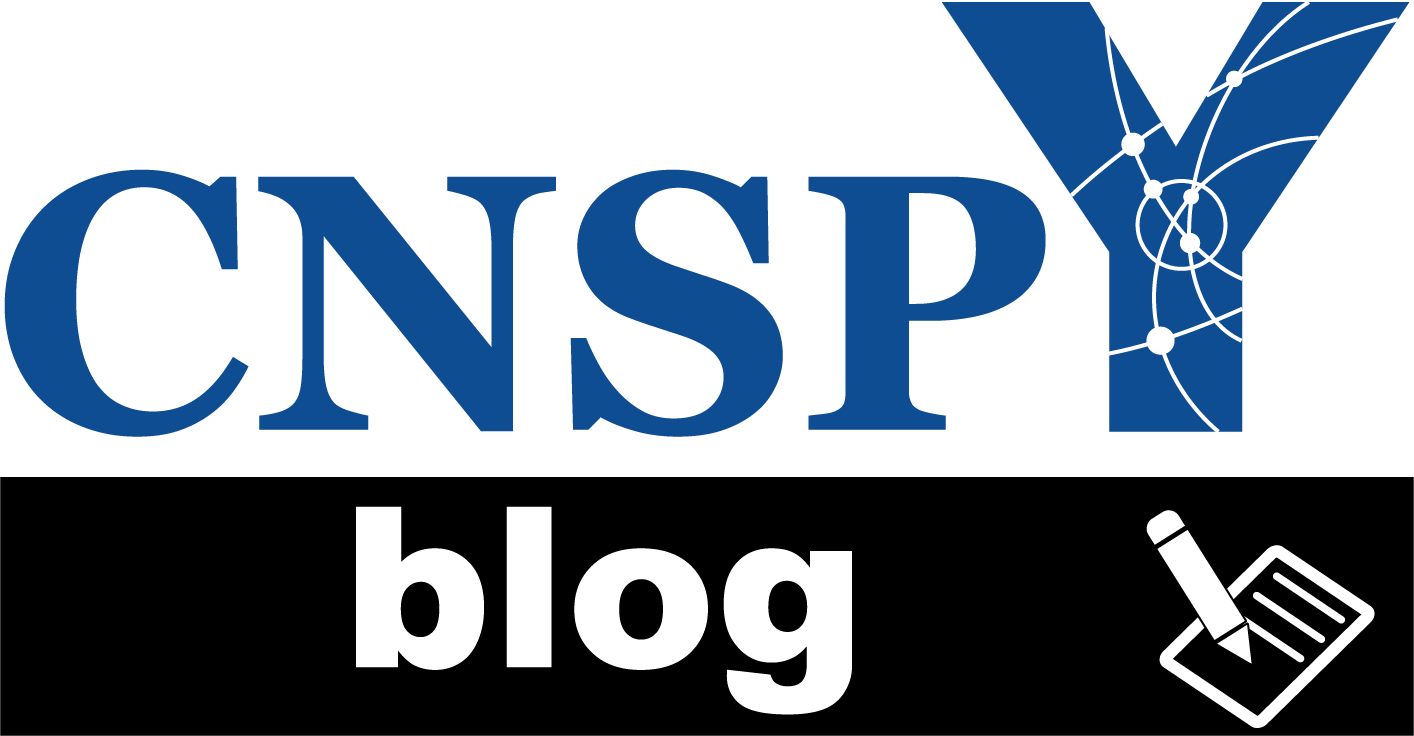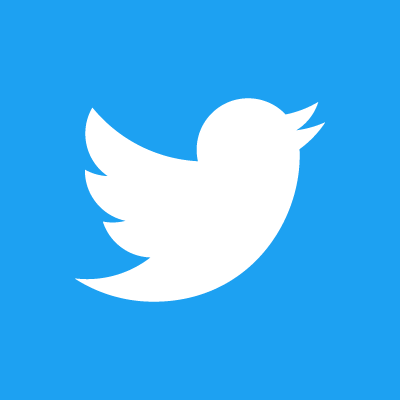Have you ever noticed that the ads in your gmail account or in your Internet browser seem to know exactly what would interest you? As in, why is Google advertising Dissertation Binding/Printing companies right now? How do they know I’m about to defend and graduate?!?!?
Or have you ever noticed that based on your search terms, the first three websites that pop up in your Google search are, by far, the most relevant to what you were actually looking for? How does it just seem to know what you need?!?!?
This concept is called Search Engine Optimization, or SEO. It is an internet marketing strategy that does far more research than any of us have ever done (believe it or not) to figure out what people search for, when they search for it, what words they use to search for it, and what words or clicks in their online lives (email, social media, etc.) suggest that people may soon be searching for particular things.
For example, if you suddenly start pinning a ton of wedding-related things on Pinterest, Google Ads will start suggesting Wedding Planners and Photographers for you, and when you type in “how to…” in the Google search bar, it will auto fill “how to plan a wedding on a budget” or something similarly wedding-related instead of “how to change a tire.” Don’t believe me? Try it! Run your own experiment and see what happens.
SEO is so successful because it knows what you are looking for, and with good SEO strategies, companies can draw you, a prospective customer, to their websites if their SEO matches the terms that Google identifies as key search terms and phrases for an item or service they sell.
What’s the point in highlighting this?
This is exactly the same strategy you should employ in your cover letter.
For every job posting, institutions, companies, and firms receive tons of resumes and CVs everyday. Some can receive multiple thousands per day! So, how do you get yours noticed? You make yours stand out by demonstrating that you’re the perfect candidate for the job by showing them that you are EXACTLY what they are looking for.
Cater your cover letter to the specifics in the job posting. Use their own words!
If the job you’re trying to secure requires the candidate to have excellent writing skills, highlight your writing ability in your cover letter. Furthermore, if the job posting specifically states that the capacity to explain complex data to diverse audiences is desired, capitalize on that type of phrasing in your cover letter.
These skills are imperative for a position at a Medical Writing firm, but you don’t just state that you’ve authored 10 manuscripts in your cover letter. This doesn’t highlight the extent of your abilities, and that fact can be listed in your resume. The cover letter is where you highlight a few key parts of your resume and elaborate a little to give the hiring manager a better sense of what the bullet points on your resume truly amount to.
In this case, the better way to showcase your writing skills would be to expand the statement in way that echoes the original job positing. For example:
“My body of work speaks for itself. Not only have I authored 8 primary research manuscripts deemed suitable for top tier journals such as Nature and Cell, I have also written two review articles that distill complex concepts for the lay audience. Additionally, I wrote and was awarded two research grants directed towards different audiences: basic research scientists vs. clinicians. My ability to cater the presentation of similar material to a wide variety of audiences would make me a valuable addition to the Medical Writing Team at XYZ company.“
These few sentences nearly recapitulate the phrasing in the original job positing, and because of that, this cover letter will grab the hiring manager’s attention much better than others that do not cater specifically to the job posting.
This is the job search equivalent to the Internet search SEO strategies that many companies use to draw their consumers to their websites. Analogously, by using the exact concepts and similar phrasing that the employer uses in their request for candidates, we can draw them to our application and the services we have to offer.
Another thing to point out is that the italicized paragraph above is also a nice, succinct way to elaborate on the main point of the paragraph in your cover letter (“I have excellent writing skills”). Keep in mind that “elaboration” does not mean you should jump into a multi-page or even a multi-paragraph explanation of your skill set. It needs to be succinct, concise, and to the point. The main point of this paragraph is that you have excellent writing skills, and to back up that claim, a few of your successes are expanded upon without providing too many details that the main point is lost.
Finding the balance between providing too much and not enough detail can be challenging, but a general guide is to keep each paragraph in your cover letter to about 3-4 sentences. More than that and the paragraph becomes difficult to skim quickly, and thus, might get skipped over altogether. If you can’t fit all the detail you want to include into 3-4 sentences, it’s probably too much detail. Conversely, if your elaboration of a particular skill doesn’t exceed one sentence, it’s probably not enough detail to give the hiring manager enough information to make an accurate assessment of your abilities (which will hurt your chances of getting an interview!). So, try to aim for 3-4 sentences per paragraph.
Additionally, each paragraph (aside from the introductory paragraph that explains your intent) should highlight one skill that would be valued by your potential employer. Don’t try to explain your writing ability, your project management skills, and your professional/committee service experience in a single paragraph. If you do, it will start to sound like a list of accomplishments that don’t explain the magnitude of each one.
Instead, focus each paragraph on one main point you want to make.
(And preferably a main point that reflects a desired trait listed in the job positing)
By the time you are finished with your cover letter, you should have a short introductory paragraph, stating your intent (i.e. “I’m writing to you today to formally apply for the XYZ position at ABC company”), followed by 2-3 paragraphs highlighting the skills you have that the company specifically needs or requested.
Then close with a short paragraph/statement about how you believe you’d be a valuable addition to the company, followed by a note expressing your anticipation about hearing from them. For example:
“As demonstrated herein, I am well suited for the available position, and I would be a valuable addition to the team as the XYZ company moves forward. Thank you for your time and consideration, and I look forward to hearing from you further.”
With these strategies, your cover letter will be a breath of fresh air to the hiring managers. Amongst all the other letters that simply explain why the candidates are awesome, yours – which specifically addresses the company’s needs and search terms – will stand out as one that they will likely read further about.
Remember, the whole point of the cover letter is to get them to read your resume/CV, and the whole point of the resume/CV is to convince them to bring you in for an interview.
So, cater your cover letter to their specific needs and requests, and use your resume/CV to tell them about your accomplishments and demonstrate your awesome-ness, and together, these approaches will get you that interview!
** Cater your cover letter to your next job application and share your results with us! **
Share your thoughts below by clicking the “Leave a Reply” link or by clicking the chat bubble in the top right of the post.






January 31, 2022 at 5:09 am
I am glad to see this important information. Thank you very much to share with us. https://alldiscounts.ng/
November 29, 2022 at 11:58 pm
I am glad to see this important information. Thank you very much to share with us.
https://www.mywatchesuk.com/
January 12, 2023 at 5:21 am
https://vokasindo.ub.ac.id/files/journals/1/articles/383/submission/original/383-744-2-SM.html merupakan situs judi terbaik dan terpercaya
February 17, 2023 at 3:12 am
He emphasizes that industry is looking for problem solvers and whether you have prior industrial experience won’t affect your standing as long as you can prove with examples that you can and have solved problems before!
https://www.mywatchesuk.com/
September 4, 2023 at 9:25 pm
Fondato da Hans Wilsdorf nel 1908, orologi replica italia Rolex è stato il produttore numero uno, il primo orologio certificato come cronometro, il primo dotato di datario automatico, il primo ad essere ancora in uso oggi Il rotore a carica oscillante e il primo guarda per essere impermeabile al polso.
November 10, 2023 at 3:35 am
Rolex ha creato la collezione Cellini nel 1968, riunendo tutti gli orologi hublot replica eleganti e tradizionali del marchio. Dal 1963 un’idea di André J. Heiniger, successore di Hans Wilsdorf, che grazie alla sua esperienza imprenditoriale ha trasformato l’azienda in un prestigioso marchio di orologi.